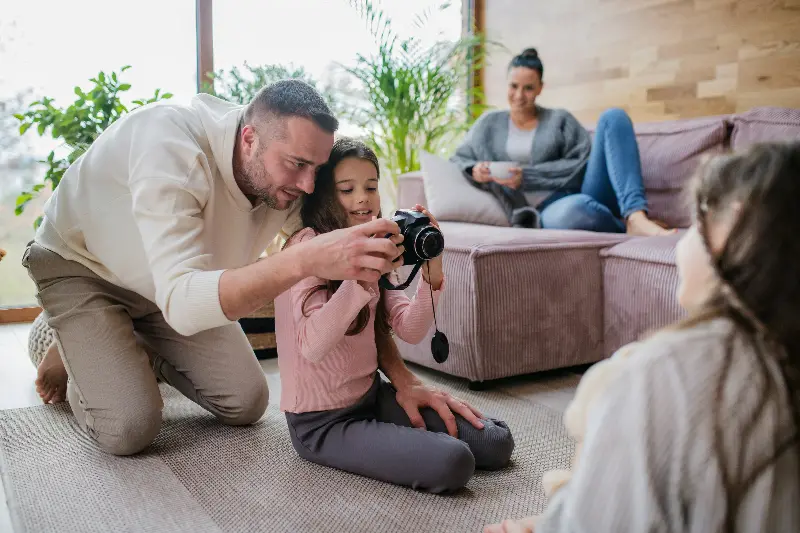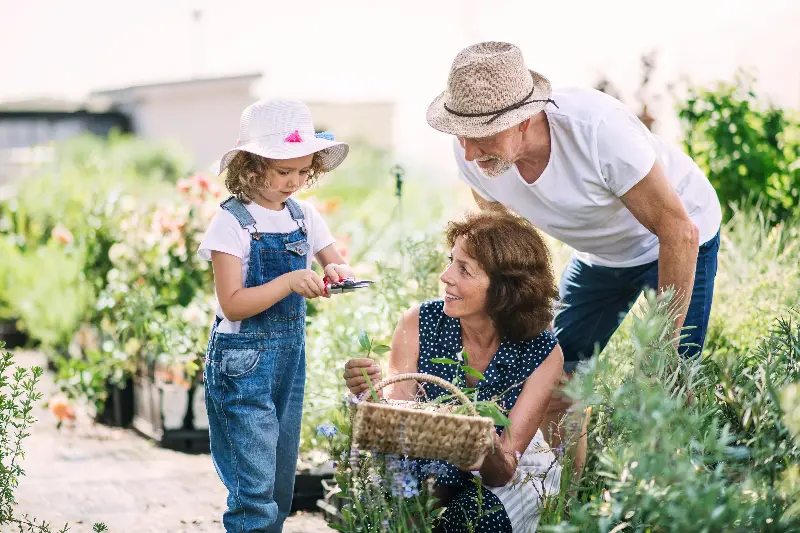
There’s something indescribably special about the moments when families come together—not just to relax, but to learn, create, and grow side by side. Imagine a grandparent teaching coding to a grandchild, or a parent and teen exploring a new language together online. In a fast-changing world, family co-learning isn’t just heartwarming—it’s a powerful way to nurture the skills children (and adults!) need for tomorrow.
The Power of Shared Curiosity
Often, we think of learning as an individual journey, but the richest learning happens collectively. Families that engage in co-learning hobbies don’t only foster knowledge; they build trust, empathy, and a sense of belonging. Research from Harvard’s Graduate School of Education suggests family-based learning boosts young learners' confidence and deepens bonds across generations.
It’s not about parents having all the answers. It’s about showing children that seeking knowledge—and even making mistakes—is a lifelong adventure, open to everyone.

Hobbies with Tomorrow in Mind
Which hobbies best prepare children for a future neither we nor they can fully predict? According to educational experts, hobbies that blend problem-solving, emotional intelligence, and creativity are front-runners. Here are a few co-learning activities buzzing with future potential:
- Coding Together: Simple, visual platforms like Scratch or Tynker let children (and adults) dip their toes into programming. Collaborating on a digital game or animated story develops logical thinking, teamwork, and digital fluency—vital for tomorrow’s world.
- Gardening Projects: Imagine plotting out a vegetable patch together. Children learn about sustainability, patience, and biology, while family members of all ages get grounded in nature.
- DIY Science Experiments: From kitchen chemistry to building robots out of recyclables, home science fosters curiosity and resilience—plus it makes for lots of laughs when things fizz and pop!
- Creative Writing or Storytelling: Penning a family comic book or oral histories connects generations through both imaginative play and the preservation of family stories.
The secret? It’s less about the end result—be it a perfect plant or perfect poem—and much more about the journey together.
How Co-Learning Bridges Generations
Nothing bridges a generation gap quite like the thrill of discovery. When adults admit they don’t know everything (and are excited to learn too), it empowers children to see learning as a shared quest rather than a race.
Consider these heartfelt impacts:
- Role Reversal: Children can sometimes become teachers—maybe showing a grandparent how to use a tablet or an app. This mutual respect builds self-worth in the young and humility in the experienced.
- Family Resilience: Facing new challenges together equips families to handle uncertainty, both inside and outside the home.
- Cultural Legacy: Exploring cultural crafts, languages, or recipes doesn’t just teach skills—it preserves identity and weaves stories into the present.
Easy Ways to Start Your Family’s Co-Learning Adventure
Not sure how to begin? Start small:
- Ask each family member what they’d like to try or learn together.
- Allocate regular “family skill sessions”—even just 30 minutes a week.
- Celebrate progress, not perfection! Snap photos or jot down funny moments in a shared journal.
Remember, you don’t need to become experts. The magic lies in the attempt, and the laughter along the way.
What hobby might spark something unexpected in your family—not only enriching young minds, but drawing all ages closer together? The best stories are written not alone, but together—and yours can begin with a single, curious question. What will you learn together next?
